Alcohol Intolerance: Causes, Symptoms, and Treatments
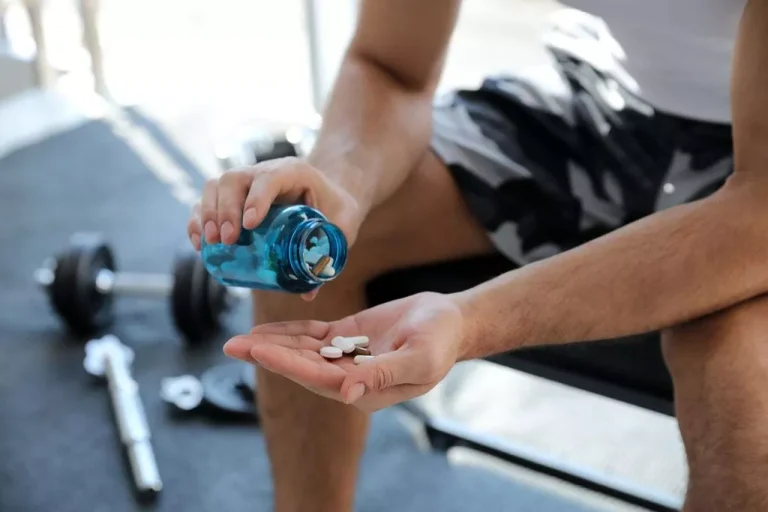
You may not need to see a doctor if you have a mild intolerance to alcohol or something else in alcoholic beverages. You may simply need to avoid alcohol, limit how much you drink, or avoid certain types of alcoholic beverages. However, if you have a serious reaction or severe pain, see your doctor. Also, if your symptoms seem to be linked to an allergy or a medication you’re taking, see your doctor. Common symptoms of alcohol intolerance include skin flushing, nasal congestion, and headaches.
Management and Treatment
Regularly drinking a certain amount of alcohol (for example, having four pints every Friday evening after work) can lead to increased tolerance. This is where the brain adapts to the effects of alcohol (such as relaxation and improved mood), and over time more alcohol is needed to achieve the same effects. Alcohol intolerance occurs when your body doesn’t have the proper enzymes to break down (metabolize) the toxins in alcohol. Alcohol intolerance is also known as alcohol flushing syndrome, alcohol rash, or aldehyde dehydrogenase 2 deficiency. The condition is often inherited from your parents and common in people of East Asian descent. Anaphylaxis is a severe and life-threatening allergic reaction that can cause dangerously low blood pressure and problems breathing.
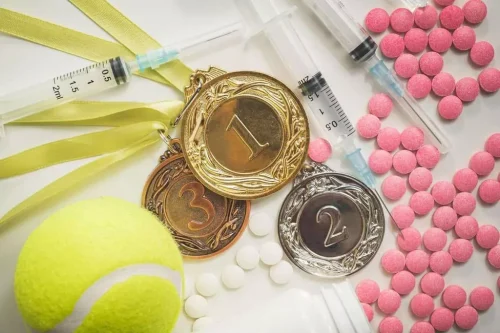
Symptoms
If you have other allergies, you are more likely to have an allergy to alcohol, according to research from Switzerland. When you have an intolerance to alcohol, your body is lacking an enzyme that is needed to process alcohol. If you do not have the enzyme or the enzyme does not work properly, then the toxic product of alcohol, called acetaldehyde, will build up. An allergy or intolerance to alcohol is not always responsible for symptoms occurring after drinking alcohol. If people experience symptoms after drinking alcohol, they should speak with a doctor for further advice. Medications called antihistamines can help treat symptoms of a mild allergic reaction.
Side effects of Maxmonte L Tablet
Repeated alcohol use causes the liver to become more “efficient” at eliminating alcohol from the body. This results in a reduction of alcohol in the bloodstream, alongside its intoxicating effects. Similar to functional tolerance, as metabolic tolerance develops, a greater amount of alcohol is needed to experience the same effects as you experienced initially.
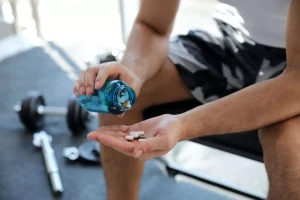
Alcohol allergies quiz
With alcohol intolerance, these symptoms will begin almost immediately after exposure to alcohol. While drinking alcohol is the most common trigger, other actions, like using cough syrup containing alcohol or alcohol-based hand sanitizer, may also trigger these symptoms. Alcoholic drinks can also trigger an allergic reaction to food if you consume the two together, as alcohol can interfere with the gut lining.
Alcohol intolerances are usually genetic but may also occur without a known cause. In 2017, researchers explored how if a person consumes alcohol chronically and in larger quantities, it may promote inflammation throughout the body, resulting in widespread symptoms. Living with alcohol intolerance requires adjustments to daily routines and social interactions. Individuals with this condition often face challenges in environments where alcohol is prevalent, such as parties or social gatherings. To manage these situations, developing coping strategies that allow participation without compromising one’s health is essential. Integrated care models involving various healthcare professionals are recommended to manage alcohol withdrawal and reduce the risk of relapse.
Navigating Daily Life with Alcohol Intolerance
- Alcohol intolerance can cause an immediate or delayed reaction, with delayed reactions sometimes occurring 20 to 30 minutes after alcohol consumption, according to the ME Association.
- This questionnaire will summarize your specific allergy symptoms to share with your healthcare provider and learn more about your testing options.
- Examples of conditions that can cause alcohol intolerance or sensitivity are outlined below.
- While some evidence suggests alcohol consumption increased during lockdown, other reports suggest that over one in three adults drank less – or stopped altogether.
- Alcohol allergy happens when the immune system mistakenly identifies alcohol as a threat and launches an attack that can affect the entire body.
“The wheezing and nasal/sinus symptoms in particular are due to the release of sulphur dioxide gas causing airway irritation,” Dr Watts explains. An alcohol allergy occurs when the immune system overreacts to alcohol entering the body. Test for 15 common food allergens and up to 25 common indoor and outdoor respiratory allergens. The same quality lab tests doctors use and recommend, but no doctor visit required for purchase. Get comprehensive information on hundreds of whole allergens and allergen components. Alcohol intolerance happens when the body cannot properly break down alcohol.
How To Make Dry January Stick
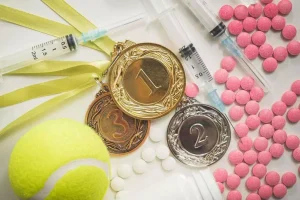
Once alcohol allergy has been ruled out, the diagnosis for alcohol intolerance is typically based on your reported symptoms and a detailed medical history. True alcohol allergy is thought to be rare, while alcohol intolerance is more common. Some people may incorrectly assume they are allergic to alcohol, when in fact they are actually reacting to other components of alcoholic drinks.
About Medical News Today
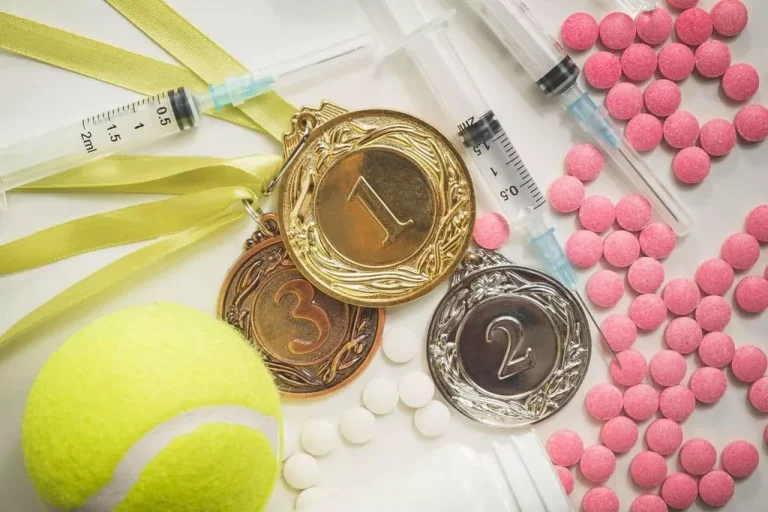
Moreover, if a person has a serious reaction after drinking alcohol, they should consult a doctor sooner to determine what may be causing their symptoms. If a person develops a mild intolerance to alcohol or an ingredient in beverages, they may be able to manage it themselves simply by avoiding or limiting alcohol or certain drinks. Alcohol intolerance may cause a alcohol intolerance person to experience immediate reactions after they drink alcohol, or they may develop it hours after, the day after, or even later in life. A person may experience sickness after drinking alcohol due to an intolerance or sensitivity to an ingredient. It may also be a sign of a hangover or result of a lack of water or sleep. In some cases, reactions can be triggered by a true allergy to a grain such as corn, wheat or rye or to another substance in alcoholic beverages.
